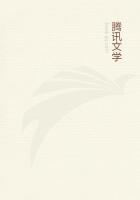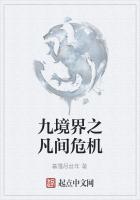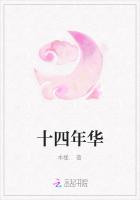A secret 25-year “two-child” project may yet inspire a solution to the unintended consequences of the one child policy.
By Zheng Zhonghai
Liang Zhongtang, a demographer with the Shanghai Academy of Social Sciences, remains largely unknown outside of a small circle of family-planning specialists. This, however, may be about to change. For the last 25 years, Liang has overseen a special pilot project that allows families in a rural county in the northwestern province of Shanxi to have two children separated by a six-year gap. The county’s population indictors – gender ratio at birth, age structure and growth rate – are all better than the national average. Yet despite its success, publicity surrounding the project has been deliberately hushed up.
The origins of the pilot project can be traced back to 1984, when young Liang lobbied Beijing for the opportunity to test what he termed his “two-child-plus-spacing” policy, in order to determine its long-term viability. Fortunately for Liang, the then Party chief Hu Yaobang gave it the nod, adding one crucial condition – no publicity. The relative anonymity of the project remains very much in evidence today, flick through any one of the county’s official pamphlets designed to showcase the local family planning bureau’s various achievements, and there will be scant mention of Liang’s pilot project.
The authorization of the project coincided with the government’s quiet transition from the rigid one child policy of 1980 to the more flexible population control policy of the latter part of the decade.
After several failed attempts to rally willing participants, Liang found an enthusiastic partner – Wu Boqin, Party secretary of Yicheng county. Set against the backdrop of popular discontent with the government’s family planning policy, the two men both agreed that it would be very difficult to enforce a tough population control policy in rural areas. Unsurprisingly, their decision to implement a separate policy was well received by local residents.
Before the pilot project was launched in 1985, couples in Yicheng, like elsewhere in the country, were allowed to have only one child. But the strict one-child policy was at odds with the reality faced by the majority of China’s rural inhabitants. “Farmers needed two or even more children in order to sufficiently support their family,” explained Che Yuelian, a recently retired former family planning propagandist in Hunan Province, during an interview with the Southern Weekend newspaper.
Yicheng met the criteria that Liang deemed crucial for the experiment – a typical rural county with an average income.
There are, however, specific rules the county residents have to follow. Couples must marry three years later than the age required by the national law, and have the second child six years after the first birth. Third births are strongly discouraged. However, Liang said he later realized that his “marry late, give birth late and have long intervals between children” experiment remained a fundamentally planned-economy-style approach, just like the national population control policy.
Now after 25 years, the effects of the separate policy have become apparent. According to local family planning bureau chief Gao Xiang, the county’s population has remained steady at one percent of the province’s total since 1985. Its gender ratio at birth between male and female fluctuates within the natural norm of 103-107. In contrast, the national average rose from 108 in 1982 to 120 in 2009, according to statistics released by the National Bureau of Statistics.
Yicheng’s fertility rate is below 9 per 1,000; the national average is 12 per 1,000. In addition, and perhaps most importantly, the county faces a less acute aging problem. In 2005 those aged over 65 accounted for just 9.7 percent of its population, compared with the nationwide figure of 12 percent.
Many choose to have only one child even though they are allowed to have a second. Local officials asserted that changing family values and increasing economic pressures have affected public mindset. “Raising a child is simply way too expensive,” said Wu Baotang, a senior family planning official.
Undesirable Consequences
In contrast to Yicheng residents, Chinese couples are subject to what researchers and officials simply refer to as a “one-and-a-half child policy,” adjusted from the one child rule in 1980. The official term today is the more neutral sounding, “family planning policy.”
Immense financial and political costs associated with the enforcement of a tough population policy became apparent as soon as it was implemented in 1980. Coercion, forceful measures and heavy fines undoubtedly alienated the public from the government, acting to exacerbate pre-existing tensions. Although the government outlawed any forceful enforcement of the law in 2002, violent incidents continue to occur today.
Beginning in the mid-1980s, parents in urban areas, or more than one-third of the population, have been required to have only one child, while couples in most rural areas – accounting for about half of the Chinese population as a whole – have been permitted to have a second child if their first is a girl, or has a physical disability or mental illness. Moreover, all ethnic minorities are usually allowed to have two children in urban areas, or three or even four in more rural areas. In the years following these shifts, local governments were also granted a slight increase in flexibility when administering the policy.
According to senior officials within the State Population and Family Planning Commission, China’s fertility control policy is believed to have helped reduce population growth within the country by as much as 400 million over the past 30 years.















